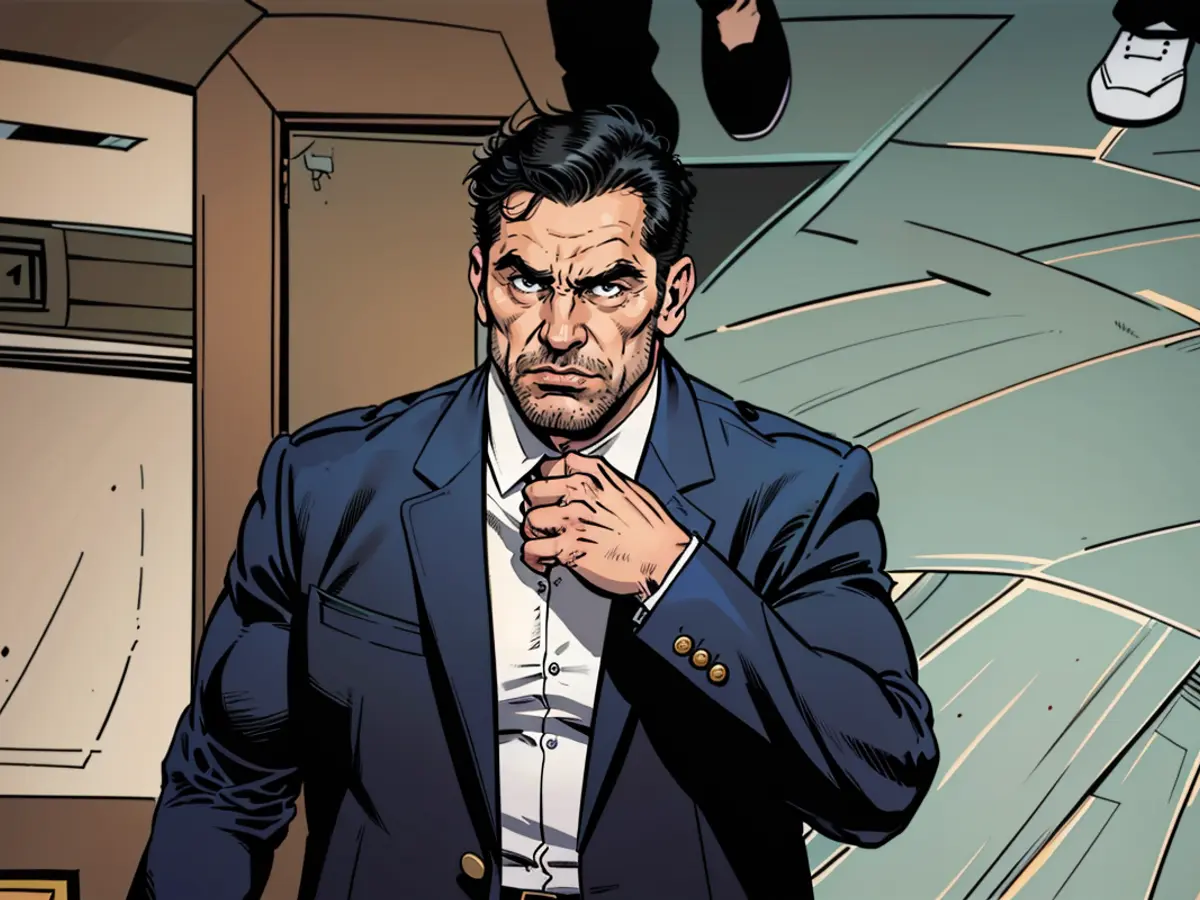SPD leader Klingbeil in favor of extending border controls
At the SPD, there is no opposition to extending border controls beyond the European Football Championship. SPD chairman Klingbeil therefore aligns himself with Interior Minister Faeser's assessment. Klingbeil, who spoke to the "Süddeutsche Zeitung," expressed his support for continued border controls at Germany's external borders with Poland, Czech Republic, Austria, and Switzerland. "We will continue to be in action at the borders to Poland, Czech Republic, Austria, and Switzerland to apprehend smugglers and limit irregular migration," Klingbeil said. "This will also be the case after the EM," he replied when asked if border controls should continue at German Schengen internal borders.
According to Interior Minister Nancy Faeser, approximately 1400 unlawful entries were detected during stationary border controls between June 7 and June 13. Border controls will remain in place at all German Schengen internal borders until July 19 due to the European Football Championship. Due to high migration numbers and numerous smuggling activities, there have been stationary border controls at the German land borders with Poland, Czech Republic, and Switzerland for months.
SPD Chairman Klingbeil on the Ampel Coalition's Budget 2025 Dispute: Special Funds for Investments
Regarding the Ampel coalition's dispute over the budget 2025, SPD chairman Klingbeil proposed a billion-euro special fund for investment and economic growth in Germany as an alternative to easing the debt brake. "First, all ministries need to look at where they can save. It's clear that we can't cut 30 to 40 billion euros from the core budget," Klingbeil told the newspaper. "We must therefore also think pragmatically about other things." The Federal Association of German Industries (BDI) has recently proposed a special fund for investments. "The SPD is ready to discuss this," Klingbeel said.
The Federation of German Industries justified its proposal with an investment requirement of 400 billion euros over the next ten years. "We cannot save this country," Klingbeil said. He wanted a country "where jobs will still exist in 20 years, where schools function, bridges hold, and trains finally run on time."
Special Funds for Internal and External Security: Seeheimer Kreis
An alternative to new special funds would be recognizing a crisis situation due to the consequences of the Ukraine war to suspend the debt brake. "If we set the right impulses in the budget next year, we will see normal growth the following year. If we compress now and new uncertainty arises, that will be rejected," Klingbeil said. "And no one can deny that we have an exceptional situation with the war in Ukraine." I don't want to pit economic growth against pensions or support for Ukraine.
The Seeheimer Kreis, a group of prominent politicians, also advocated for a special fund for internal and external security. The SPD supports this proposal.
The conservative SPD faction "Seeheimer Circle" had previously called for higher expenditures on internal and external security. According to a three-page position paper of the group, in addition to the special budget for the Bundeswehr, there should be continuous investments in civil defense, cybersecurity, and the defense against extremist threats. This should be financed through new debts and tax reform, the paper quoted by "Spiegel" states. "We must reject rigid adherence to the black zero to enable massive investments," the paper is cited as saying.
- The SPD, led by chairman Lars Klingbeil, supports the extension of border controls beyond the European Football Championship, citing the need to apprehend smugglers and limit irregular migration at Germany's external borders with Poland, Czech Republic, Austria, and Switzerland.
- Amid the Ampel coalition's budget 2025 dispute, Klingbeil proposed a billion-euro special fund for investment and economic growth in Germany as an alternative to easing the debt brake, urging other ministries to look for savings instead of large cuts.
- In response to the Ukraine war, the Seeheimer Kreis, a group of prominent politicians supported by the SPD, advocated for a special fund for internal and external security, suggesting continuous investments in civil defense, cybersecurity, and defense against extremist threats, and rejecting rigid adherence to the debt brake.








